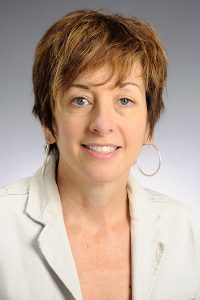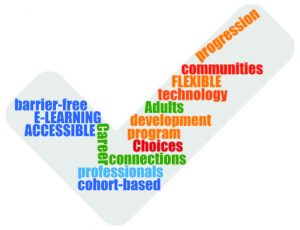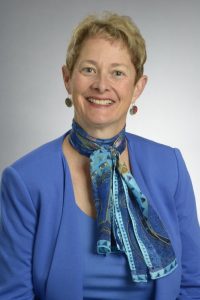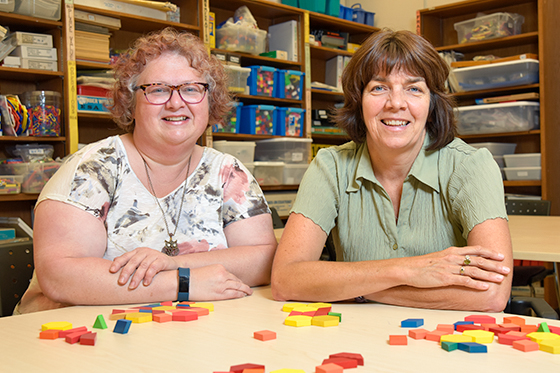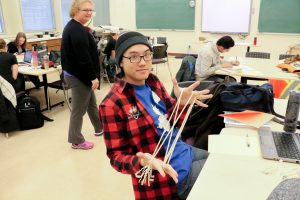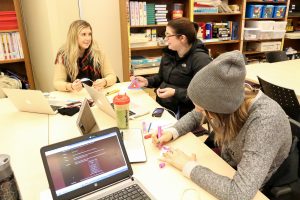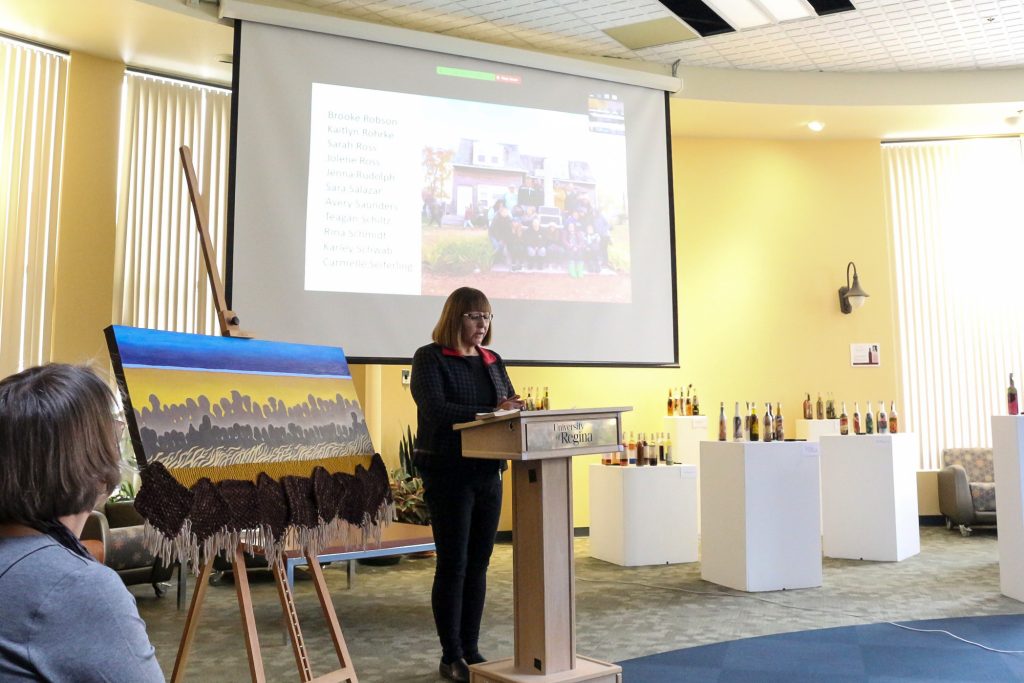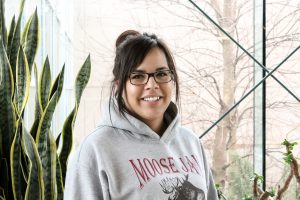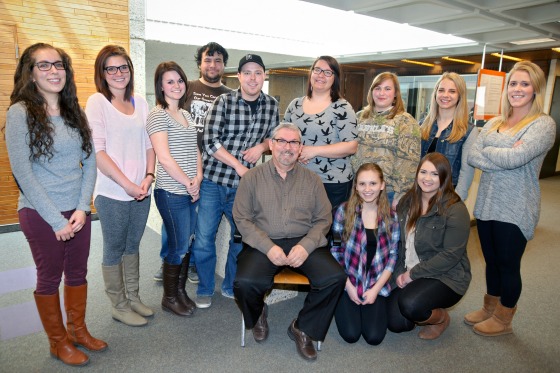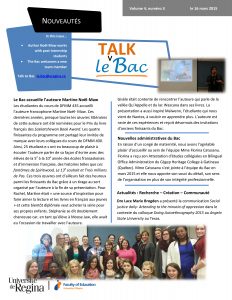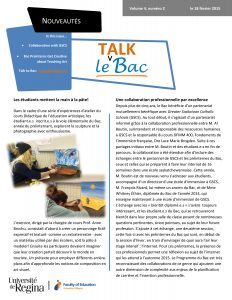If you have unpleasant memories taking mathematics in elementary school, you’re not alone.
Your teacher may have felt the same way.
Surveys show that less than 30% of elementary teachers and preservice elementary teachers describe their own experience of learning mathematics as positive.
Teachers confided in one survey as feeling “high anxiety over mathematics” and struggling to “explain things in different ways if students ‘don’t get it.’ ”
Now, the University of Regina is offering a new certificate program – Teaching Elementary School Mathematics.
It’s a 10-course, 30-credit hour, certificate designed primarily for elementary (K-8) school teachers who teach mathematics.
Applications are now being accepted for sessions in Fall 2017 and Winter 2018.
“This certificate responds to the limited educational means previously available at the U of R or elsewhere in the province to address teachers’ concerns,” says Dr. Kathleen Nolan, Professor of Mathematics Education at the Faculty of Education.
Nolan, in consultation with colleagues from the mathematics education subject area and the Faculty of Education student program office, designed the certificate program.
Nolan is well aware of the anxieties faced by some elementary school mathematics teachers.
She sought feedback in a research study, which was funded through an Insight Grant from Social Science and Humanities Research Council of Canada.
In that study, Nolan surveyed three school divisions in southern Saskatchewan as well as some stakeholders connected with mathematics education, including parents, to understand perceptions of teaching elementary school mathematics
The study showed that only about half of the teachers and preservice teachers surveyed relayed feeling very comfortable with the mathematics concepts they were expected to teach. In fact, most respondents expressed some level of discomfort.
“A majority from each stakeholder group we contacted thought it was very important that teachers develop a deep understanding of the mathematics they teach. This was the prevailing view especially among parents of children in grades 6 to 8,” says Nolan.
Nolan thinks the certificate program will provide welcome professional development opportunities.
“There are many benefits in connection with more professional development in mathematics for K-8 teachers,” says Nolan. “These benefits include additional qualifications, expertise and confidence, as well as positive attitudes toward and a passion for mathematics.”
This past July, Nolan and Russell each taught one of the 10 courses to officially launch the certificate program— a course in culturally responsive pedagogy and one in mathematical modeling and representation.
Other courses in the program include:
- Implementation and assessment of problem-solving in mathematics.
- Mathematics in the inclusive classroom: Assessment and intervention
- Number sense for the elementary school mathematics teacher.
Please visit here for more information on the Teaching Elementary School Mathematics certificate program.
Current Faculty of Education students are also encouraged to apply, either for the full certificate program or to take program courses as electives in their current program of study.
For more information please contact the Faculty of Education Student Program Office.
By Costa Maragos Posted: August 2, 2017 6:00 a.m.
_________________________________
Also read:
New U of R course is designed to make better math teachers
